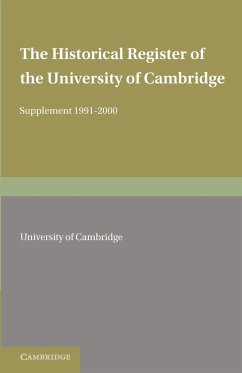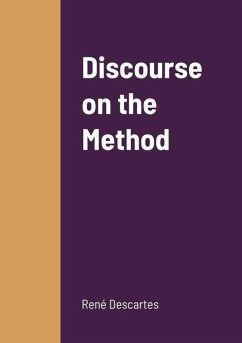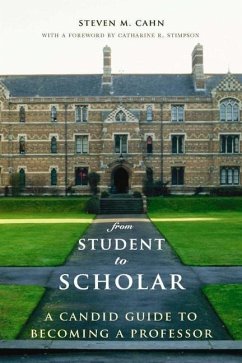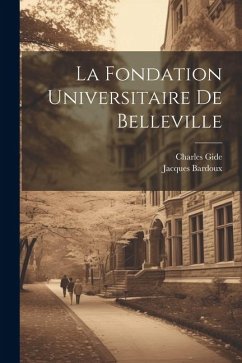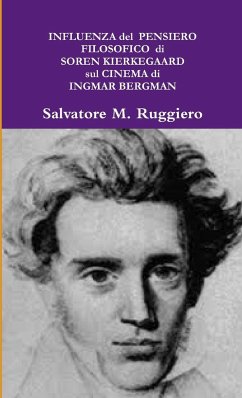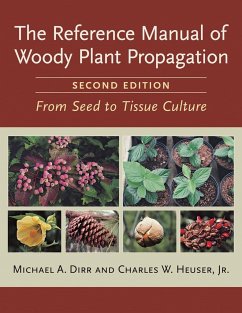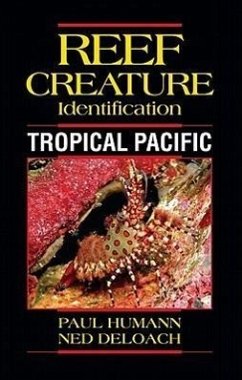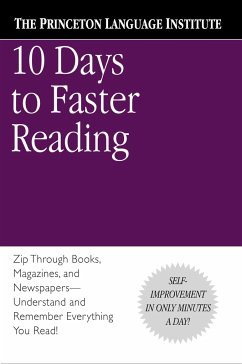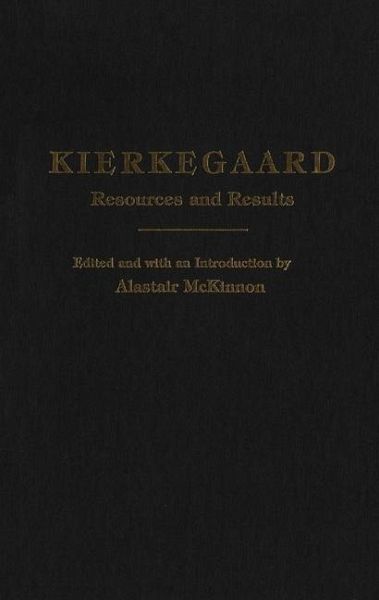
Kierkegaard
Resources and Results
Herausgeber: Mckinnon, Alastair
Versandkostenfrei!
Versandfertig in über 4 Wochen
35,99 €
inkl. MwSt.

PAYBACK Punkte
18 °P sammeln!
Recently, a conference of scholars considered resources and results in Kierkegaard research. In part one, ""Resources,"" J.C. McLelland gives a short account of the acquisition of the Malantschuk collection by McGill University, H.P. Rohde discusses the collection as a basis for research, and H. Möller comments on its accessibility to scholars. N.J. Cappelørn examines the importance of the Papirer as a resource. In part two, ""Results,"" H.V. Hong analyzes Kierkegaard's concept of ""Thought-Experiment,"" relating it to Kierkegaard translation. J. Walker elucidates four of Kierkegaard's assu...
Recently, a conference of scholars considered resources and results in Kierkegaard research. In part one, ""Resources,"" J.C. McLelland gives a short account of the acquisition of the Malantschuk collection by McGill University, H.P. Rohde discusses the collection as a basis for research, and H. Möller comments on its accessibility to scholars. N.J. Cappelørn examines the importance of the Papirer as a resource. In part two, ""Results,"" H.V. Hong analyzes Kierkegaard's concept of ""Thought-Experiment,"" relating it to Kierkegaard translation. J. Walker elucidates four of Kierkegaard's assumptions concerning communication and notes the difficulties these pose for creating real human community. M. Cargignan's paper presents the concept of the ""eternal"" as a synthesizing force acting upon body, soul, and spirit. H.A. Nielsen distinguishes between two levels of indirect communication in Mark 6:45-52 and calls attention to the significance of this distinction for understanding Kierkegaard. The last two essays present the results of computer research at McGill: A.H. Khan explores the concept of passion in Concluding Unscientific Postscript, and A. McKinnon offers a spatial representation of the relations among Kierkegaard's thirty-four works. The volume, containing responses by R.L. Perkins, R. Archer, P. Carpenter, D. Lochhead, D. Goicoechea, and R. Johnson, will be of interest to Kierkegaard, Philosophy, and religion scholars, and those engaged in computer research in the humanities.



